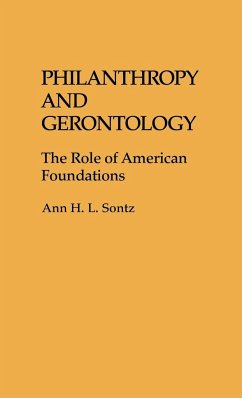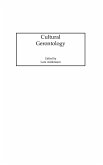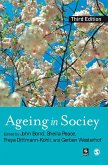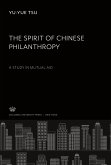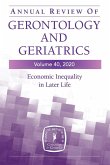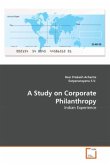As pressures on public resources increase, more consideration is given to the role of private foundations in responding to the needs of the elderly--our fastest-growing population sector. Focusing on the philanthropic funding of social science research on aging, this study looks at the potential of the private sector and suggests strategies for addressing the research priorities posed by a rapidly aging population. Sontz begins by examining the contributions of modern philanthropy to the growth of social science. She summarizes the evolution of major American foundations and their impact on the academic expansion of anthropology, sociology, and social work, and she discusses the recent growth of late-age studies in these disciplines. Based on a survey of the research plans and funding requirements of social gerontology scholars, Sontz evaluates the present underdeveloped role of foundation grant making in supporting studies relating to the elderly. She notes that most foundations continue to adhere to a mandate that encompasses social reform. Foundations need, however, to show marked interest in sponsoring interdisciplinary approaches to aging within the social sciences. In her final chapter, Sontz suggests possible research areas in social and cultural gerontology that could attract grant funding and increase the effectiveness of foundation programming, especially to researchers in university settings. Written by a social science scholar with extensive experience in foundation management, this study addresses the interests of foundations, university planners and administrators, and researchers in gerontology and related policy studies.
Hinweis: Dieser Artikel kann nur an eine deutsche Lieferadresse ausgeliefert werden.
Hinweis: Dieser Artikel kann nur an eine deutsche Lieferadresse ausgeliefert werden.

